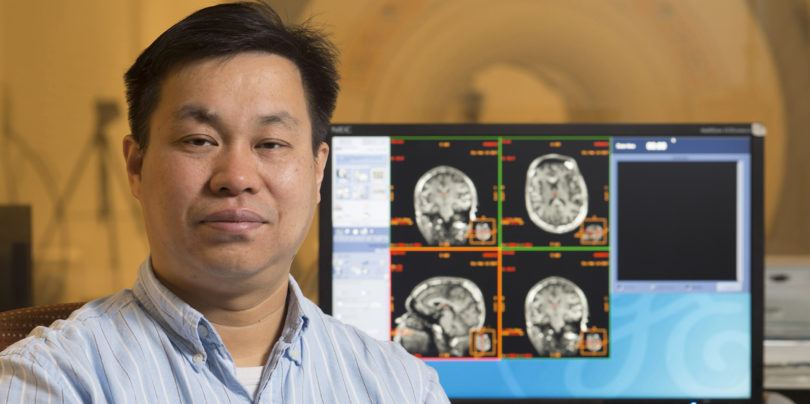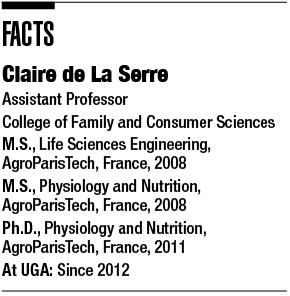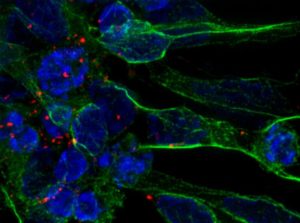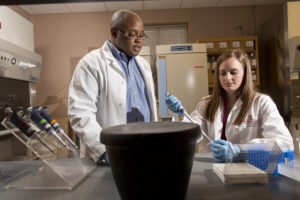Neuroscience program member, computer science professor, inducted into AIMBE
A member of the Neuroscience PhD program has been inducted into AIMBE for outstanding contributions to quantitative mapping of structural and functional brain architectures using neuroimaging data.
Tianming Liu is a Distinguished Research Professor of Computer Science in the Franklin College of Arts and Sciences, and he has been inducted in the College of Fellows of the American Institute for Medical and Biological Engineering. Liu was nominated, reviewed and elected by peers and members of the College of Fellows.
The AIMBE College of Fellows is comprised of the top 2 percent of medical and biological engineers. Election to the College is among the highest professoinal distinctions accorded to a medical and biological engineer.
College membership recognizes those engineers who have made outstanding contributions to “engineering and medicine research, practice or education” and to “the pioneering of new and developing fields of technology, making major advancements in traditional fields of medical and biological engineering, or developing/implementing innovative approaches to bioengineering education.”
The formal induction ceremony was held on April 9 during the AIMBE annual meeting in the National Academy of Sciences in Washington, D.C. Liu was inducted along with 156 other colleagues who make up the AIMBE College of Fellows Class of 2018.
Liu joins Mark Eiteman and Crystal Leach as members of UGA who have been inducted into the AIMBE College of Fellows.
Read more about Liu’s accomplishment by checking out the full article on UGA Today.












